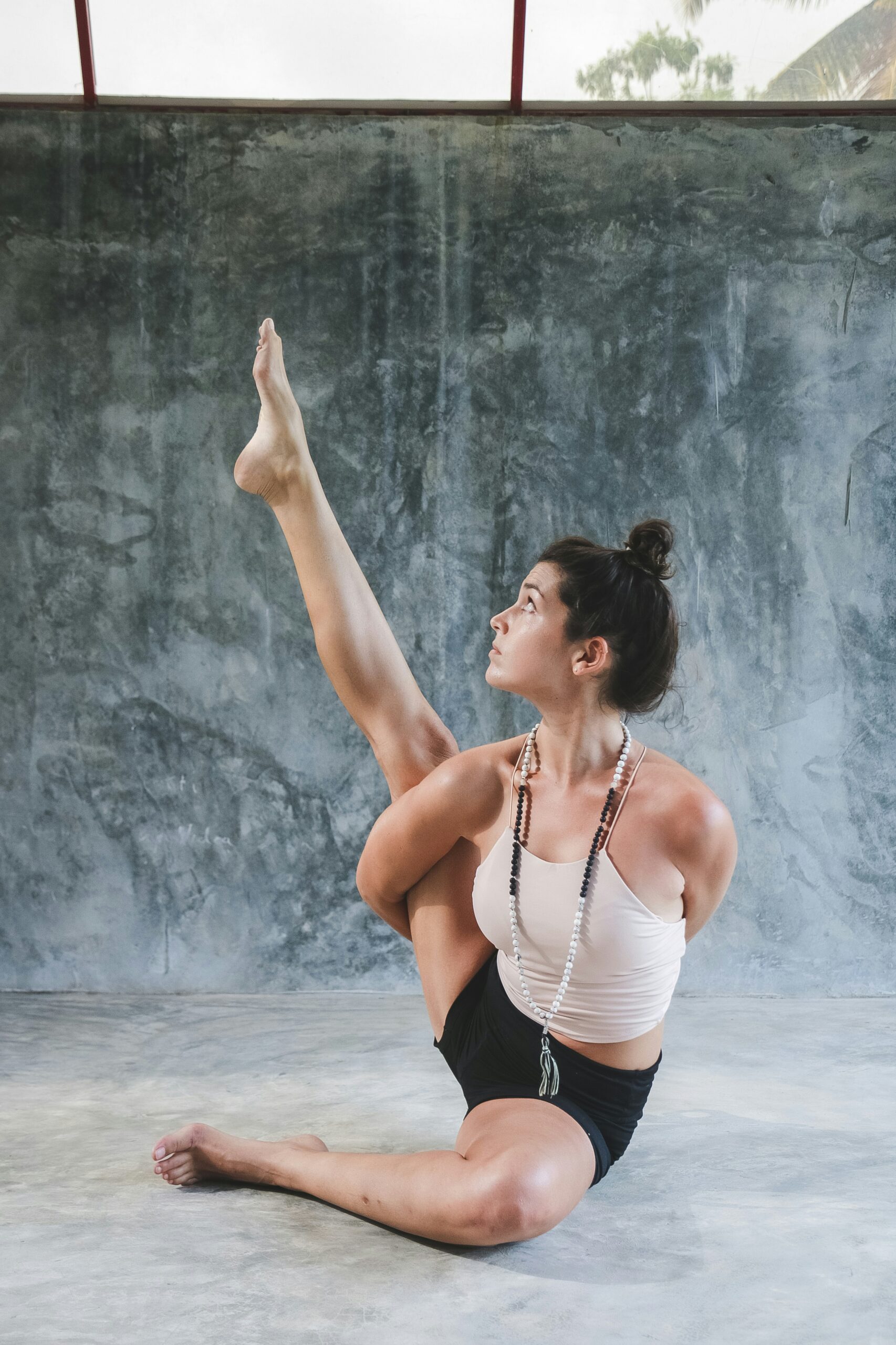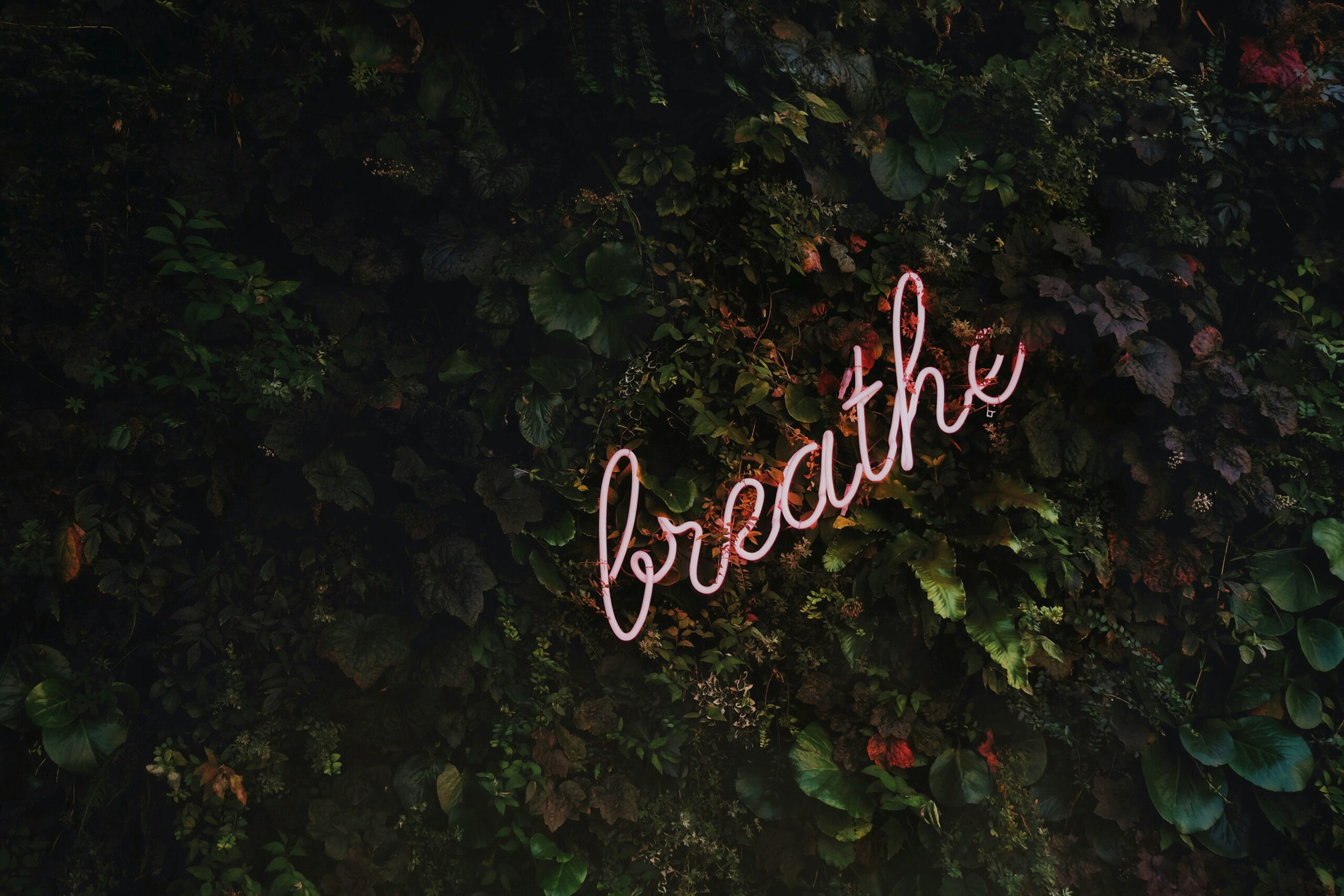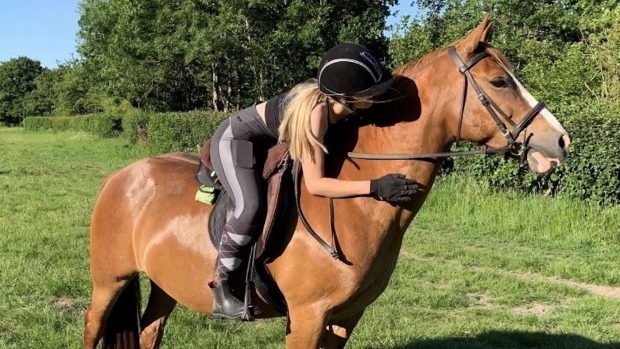Have you ever felt like life’s challenges are overwhelming, making it difficult to maintain your mental well-being and resilience? In today’s fast-paced world, it’s not uncommon to feel this way. That’s why programs designed to build resilience and manage stress, such as the “Mindfulness-Based Resilience Training” being offered at the University of Nevada, Las Vegas (UNLV), are essential. This comprehensive guide explores the purpose, structure, and benefits of this innovative training program.
What is Mindfulness-Based Resilience Training?
Mindfulness-Based Resilience Training (MBRT) is a program designed to help participants develop mindfulness skills, which in turn foster greater resilience. Resilience, in this context, refers to the capacity to recover quickly from difficulties—whether they be emotional, physical, or psychological. The foundation of MBRT lies in mindfulness practices, which teach individuals to focus on the present moment while acknowledging and accepting one’s feelings, thoughts, and bodily sensations.
The Importance of Mindfulness
Mindfulness is about being fully present in the moment, aware of where you are and what you’re doing, without being overly reactive or overwhelmed by what’s happening around you. When practiced consistently, mindfulness can significantly reduce stress, enhance emotional stability, and improve overall well-being. This forms the cornerstone of MBRT.
Core Components of MBRT
The core components of MBRT typically include:
- Mindful Meditation: Practices that cultivate awareness and concentration.
- Body Scan: A practice of systematically focusing on different parts of the body to promote relaxation and awareness of bodily sensations.
- Mindful Movement: Physical activities such as yoga or tai chi that emphasize mind-body connection.
- Group Discussions and Exercises: Facilitated sessions where participants share experiences and insights.
These elements work together to cultivate a holistic approach to mental health, addressing both the mind and body.
UNLV’s Approach to Mindfulness-Based Resilience Training
Leadership and Vision
The MBRT program at UNLV is spearheaded by Robert Ulmer, dean of the UNLV Greenspun College of Urban Affairs, along with other dedicated professors. Their vision is to empower students, faculty, and the wider community with tools to enhance resilience through mindfulness practices.
Program Structure
The MBRT at UNLV is structured to be accessible to everyone, regardless of prior experience with mindfulness or meditation. Here’s a breakdown of what participants can expect:
| Session | Topic | Objective |
|---|---|---|
| 1 | Introduction to Mindfulness | Understand mindfulness and its benefits |
| 2 | Mindful Breathing | Learn techniques for mindful breathing |
| 3 | Body Scan and Relaxation | Explore body scan techniques for relaxation |
| 4 | Mindfulness in Daily Life | Integrate mindfulness into everyday activities |
| 5 | Dealing with Difficult Emotions | Learn strategies to manage challenging emotions |
| 6 | Mindful Movement | Engage in yoga and other mindful movements |
| 7 | Developing Compassion | Cultivate self-compassion and empathy for others |
| 8 | Sustaining Mindfulness Practices | Create a sustainable mindfulness practice |
Each session is designed to build on the previous one, providing a comprehensive journey into mindfulness and resilience.

Benefits of Mindfulness-Based Resilience Training
Stress Reduction
One of the primary benefits of MBRT is stress reduction. By learning to focus on the present moment and accept it without judgment, you can break free from the cycle of stress and anxiety that often arises from worrying about the past or future.
Improved Emotional Regulation
Mindfulness practices help you become more aware of your emotions, allowing you to respond to situations rather than react impulsively. This improved emotional regulation can lead to better relationships and personal well-being.
Enhanced Focus and Concentration
Through mindfulness meditation and other exercises, you can train your brain to maintain focus and improve concentration. This is particularly beneficial for students and professionals who need to stay attentive and engaged in their work.
Increased Resilience
By cultivating mindfulness, you develop resilience—the ability to bounce back from setbacks with a positive outlook. This is crucial in both personal and professional spheres, enhancing your capacity to cope with life’s inevitable challenges.
Better Physical Health
Mindfulness has been shown to have positive effects on physical health, including reduced blood pressure, improved sleep, and a strengthened immune system. The integration of mindful movement also encourages a more active and healthy lifestyle.
Personal Testimonials and Case Studies
Student Experience
One student who participated in the MBRT program shared, “This training has been life-changing. I used to struggle with anxiety, especially during exams. With mindfulness techniques, I now feel more centered and capable of handling stress.”
Faculty Experience
A faculty member noted, “As someone who juggles multiple responsibilities, the mindfulness practices have helped me maintain balance and avoid burnout. Incorporating these techniques into my daily routine has made a world of difference.”
Community Impact
The broader community has also benefited from the program. Local residents who participated reported feeling more connected and supported. “The group discussions were particularly enlightening, as we shared our journeys and learned from each other,” one community member remarked.

How to Enroll in MBRT at UNLV
Enrollment Process
Enrolling in the MBRT program at UNLV is straightforward. Interested individuals can log in or register an account through the UNLV portal. Keep an eye out for announcements regarding new sessions and registration deadlines.
Eligibility
The program is open to all students, faculty, staff, and community members. You don’t need any prior experience with mindfulness or meditation to join. The only prerequisite is a willingness to learn and participate actively.
Program Fees
The MBRT program is offered at a minimal cost, making it accessible to everyone. Some sessions may even be free, thanks to funding and grants aimed at improving community mental health.
Common Myths and Misconceptions About Mindfulness
Mindfulness is the Same as Meditation
While mindfulness includes meditation, it is not limited to it. Mindfulness is about bringing awareness to all aspects of life, be it eating, walking, or even listening. Meditation is just one of the tools that help you achieve this state of awareness.
You Have to Clear Your Mind Completely
A common misconception is that mindfulness requires you to empty your mind of all thoughts. In reality, mindfulness encourages you to observe your thoughts without judgment and let them pass naturally.
Mindfulness Takes a Lot of Time
Mindfulness can be practiced in short bursts throughout the day. Even a few minutes of mindful breathing or a quick body scan can make a significant difference in your mental well-being.
It’s Only for People with Mental Health Issues
Mindfulness is beneficial for everyone, not just those with mental health problems. It enhances overall well-being, promotes focus, and reduces stress across the board.

Scientific Evidence Supporting MBRT
Research Studies
Scientific research has shown that mindfulness practices can lead to changes in brain structure and function. For instance, mindfulness meditation has been linked to increased gray matter density in the brain regions associated with memory, learning, and emotional regulation.
Health Benefits
Numerous studies have documented the physical health benefits of mindfulness. These include lower blood pressure, improved immune function, and better sleep quality. The integration of mindful movement also promotes physical fitness and reduces symptoms of chronic pain.
Psychological Well-being
Research indicates that mindfulness-based programs are effective in reducing symptoms of anxiety, depression, and PTSD. By fostering a non-judgmental awareness of the present moment, mindfulness helps individuals better manage their mental health.
Tips for Incorporating Mindfulness into Daily Life
Start Small
If you’re new to mindfulness, start with just a few minutes each day. Gradually increase the duration as you become more comfortable with the practice.
Use Mindfulness Apps
There are numerous apps available that offer guided meditations and mindfulness exercises. These can be a great starting point for beginners.
Mindful Eating
Take the time to eat your meals mindfully. Focus on the taste, texture, and aroma of your food. This not only enhances your eating experience but also promotes better digestion.
Practice Mindful Breathing
Whenever you feel stressed or overwhelmed, take a few moments to focus on your breath. Inhale deeply, hold for a moment, and exhale slowly. This simple practice can quickly bring you back to the present moment.
Join a Community
Consider joining a mindfulness group or community. Sharing the experience with others can provide additional support and motivation.
Frequently Asked Questions About MBRT
What Should I Wear to the Sessions?
Comfortable clothing is recommended to allow ease of movement during mindfulness exercises and meditation.
Do I Need Any Special Equipment?
No special equipment is required. A comfortable mat or cushion for sitting during meditation can be helpful, but it’s not necessary.
How Long Do the Sessions Last?
Each session typically lasts between 60 to 90 minutes. This includes time for practice, discussion, and Q&A.
Can I Join Midway Through the Program?
While it is recommended to start at the beginning of the program to build a strong foundation, you may be able to join midway, depending on availability. Contact the program coordinator for details.
What Can I Do if I Miss a Session?
If you miss a session, you can often catch up through online resources or recordings provided by the program. Make sure to communicate with your instructor to stay on track.
Conclusion
As life continues to present us with various challenges, programs like Mindfulness-Based Resilience Training at UNLV offer invaluable tools to enhance mental and emotional well-being. By integrating mindfulness practices into your daily life, you can build resilience, reduce stress, and improve overall health. Whether you are a student, faculty member, or a part of the broader community, the MBRT program offers an inclusive and practical approach to fostering resilience and mindfulness. Consider enrolling in the next session and experience the transformative power of mindfulness for yourself.



